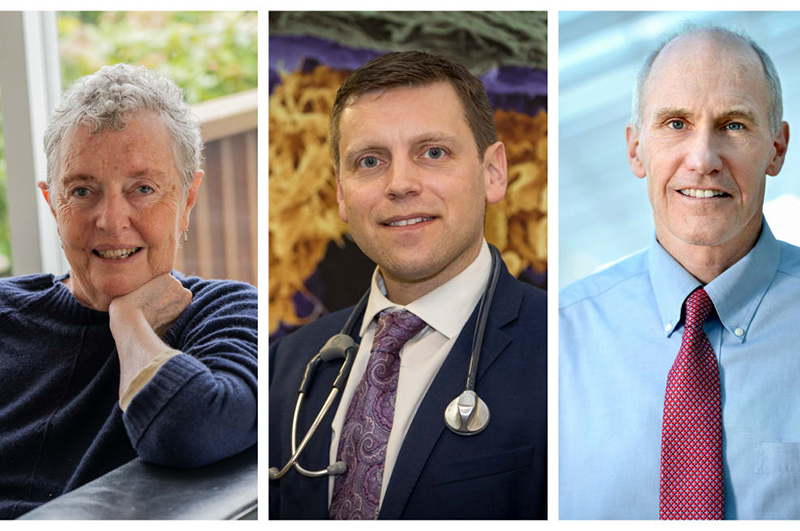
**Recent Updates in the Crispr–Cas9 Patent Controversy**
The protracted conflict concerning the patent ownership of the revolutionary Crispr–Cas9 gene-editing technology has encountered an unforeseen development. The group spearheaded by Nobel Prize winners Jennifer Doudna and Emmanuelle Charpentier, who originally failed to secure their claim to key Crispr–Cas9 patents, now has an opportunity to regain these rights following a successful appeal of an earlier decision.
In February 2022, the US Patent and Trademark Office’s Patent Trial and Appeal Board (PTAB) ruled in favor of Feng Zhang and the Broad Institute, affirming their priority regarding crucial Crispr–Cas9 patents applicable to eukaryotic cell usage. Nonetheless, on 12 May 2025, a US Federal Circuit appeals court determined that the PTAB applied an incorrect legal standard when adjudicating the matter. Consequently, it instructed the PTAB to reassess its ruling.
The heart of the contention revolves around identifying which team was the first to develop the Crispr–Cas9 system intended for eukaryotic cells. Doudna and Charpentier’s team contended that their laboratory findings demonstrated they conceived the concept as early as March 2012. They asserted that the Broad Institute’s subsequent patent represented merely an extension of their research. While the PTAB had previously deemed their evidence inadequate, the appeals court found otherwise, indicating that the PTAB mistakenly demanded proof that the Doudna–Charpentier team was aware their invention would function.
Jeff Lamken, an attorney for Doudna and Charpentier, points out a positive aspect from the appeal ruling, suggesting it might validate the team’s position as the original creators of the technology.
**Patent Priority Context**
Doudna from the University of California, Berkeley, and Charpentier from the Max Planck Institute in Germany received the 2020 Nobel Prize in Chemistry for their work on Crispr–Cas9. They submitted their initial provisional patent application in May 2012 following a June 2012 publication regarding the application of Crispr in gene editing. However, these patents did not encompass the specific use in cells, which was part of the Broad Institute’s patent filed in December 2012.
At that time, the US patent framework was based on “first-to-invent” policies, granting patents to those who were first to conceive and execute an invention. By 2013, the US shifted to a “first inventor-to-file” model, which favored the first party to apply for a patent.
Broad remains optimistic about retaining its patent rights based on unaltered fundamental facts. It asserts that its patents pertain specifically to genome editing within eukaryotic cells, contending that UCB’s patents do not pertain to these particular applications.
**Upcoming Legal Confrontation**
Jacob Sherkow from the University of Illinois perceives the court’s ruling as a potential advantage for UCB, paving the way for overturning Broad’s earlier benefits, even though Broad still holds critical licensing rights. Should the PTAB review the evidence again, they will be required to analyze laboratory records, emails, and other evidence from early 2012 to determine whether Doudna and Charpentier’s team was the originator of the technology and if it could be implemented using standard scientific methods.
Broad may opt to contest this appeal or pursue unconventional routes such as requesting a rehearing with the complete Federal Circuit or seeking a petition to the US Supreme Court. Both entities might also contemplate a settlement, although this seems unlikely. The ongoing developments indicate the potential for further extended legal disputes surrounding Crispr–Cas9’s intellectual property rights.